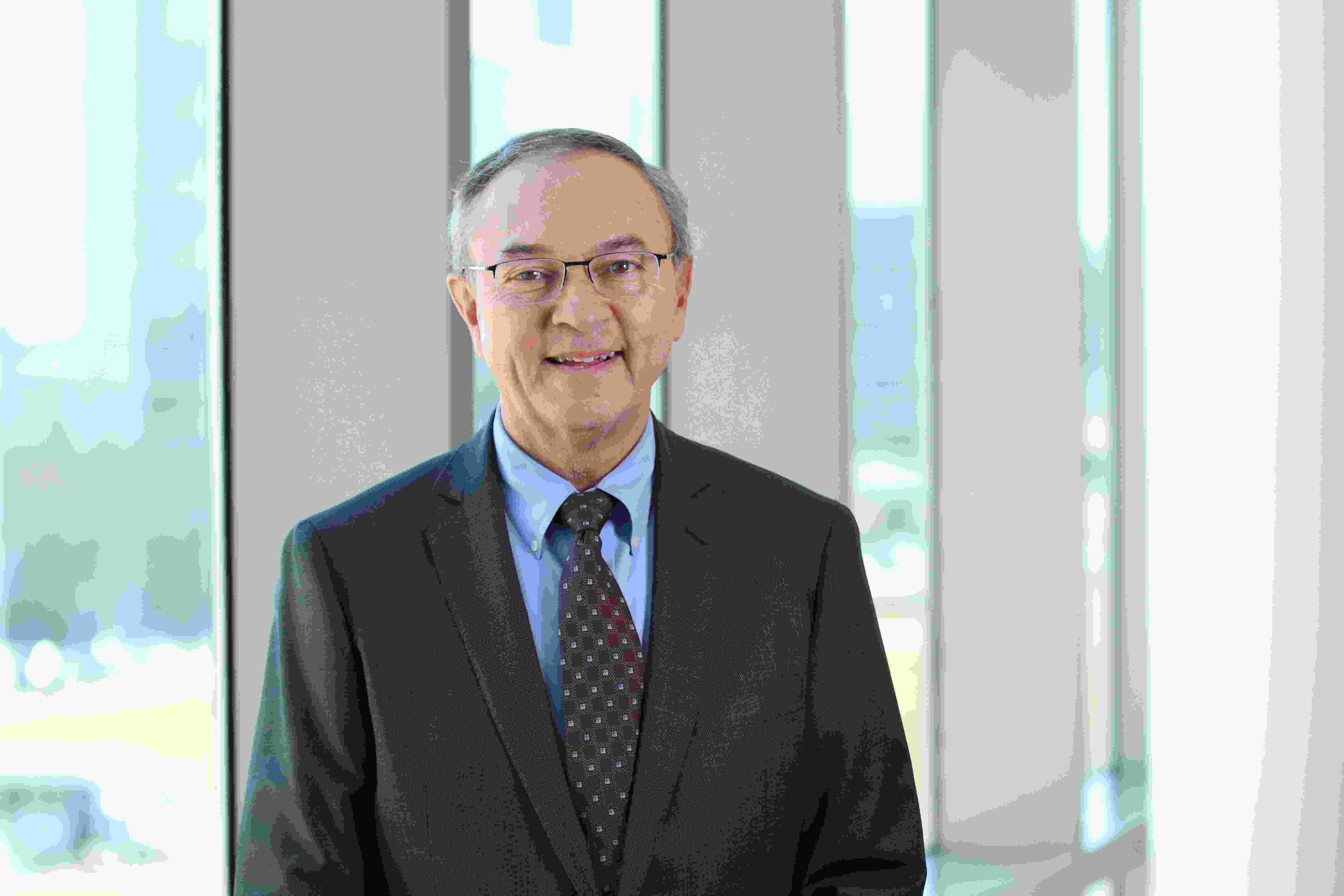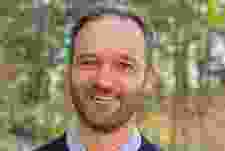Faculty
-

Mark Klempner, MD
Category: Drug Design and Therapeutics,Diagnostics and Vaccine Development
Professor of medicine and executive vice chancellor of MassBiologics
MassBiologics has previously demonstrated that human monoclonal antibodies are able to prevent infection with a related coronavirus, SARS CoV-1, and can be used for treatment of SARS-CoV-1 infections. Dr. Klempner has identified two human monoclonal antibodies that neutralize SARS-CoV-2 , including one that blocks binding of SARS-Cov-2 to its ACE2 receptor. Current efforts are directed at producing sufficient quantities of these antibodies for testing in an animal model of COVID-19.
Another research effort at MassBiologics involves IgA antibodies, which are stabilized by the mucous that lines the respiratory tract. Klempner and colleagues are developing IgA antibodies for delivery directly to the respiratory tract for both prevention and treatment of COVID-19.
Another approach being studied at MBL focuses on single-domain antibodies, also known as nanobodies—antibody fragments consisting of a single monomeric variable antibody domain that access unique sites on coronaviruses. Current efforts are directed at testing candidate nanobodies for cross neutralization and for in vivo testing against several coronavirus isolates.
Diagnostics
In collaboration with investigators at the New York Public Health laboratories at Wadsworth New York, MassBiologics has designed, engineered and manufactured three antigens associated with virus naturalizing antibodies. -

Shan Lu, MD, PhD
Category: Diagnostics and Vaccine Development
Professor of medicine
Dr. Lu is investigating using a two-part, DNA primer vaccine with a protein boost for SARS-CoV-2.
Lu is a pioneer in DNA vaccine development for HIV. The Lu lab has taken the novel approach of combining a DNA vaccine with a recombinant protein-based vaccine, such as the type used for human papillomavirus (HPV). In this approach, the HIV DNA acts as a primer to turn on the immune cells and is followed by a booster shot of the HIV protein vaccines, which stimulates production of the antibodies that fight the virus. This two-part approach activates both antibody and cell-mediated immune responses and induces functional antibodies with better qualities and longevity than using either type of vaccine alone. -

Trudy Morrison, PhD
Category: Diagnostics and Vaccine Development
Professor of microbiology & physiological systems
Dr. Morrison is developing and testing vaccine candidates for COVID-19 by adapting virus-like particles (VLP) she previously found to treat respiratory syncytial virus, or RSV. She is also developing multivalent self-assembling nanoparticles that can trigger the formation of antibodies in patients to prevent the coronavirus from infecting cells. These nanoparticles may conceivably be administered either through the nose or via an inhaler like those used to deliver asthma medication.
The Morrison lab explores how paramyxovirus—a group of RNA viruses that cause acute respiratory diseases that include mumps, measles and RSV—gain entry into cells and assemble and release virus. Morrison investigates the protein interactions required for the formation of assembly complexes, the cell domains involved in virus assembly, and the host cell contributions to virus assembly and release. -

James Munro, PhD
Category: Diagnostics and Vaccine Development
Associate professor of microbiology & physiological systems
Dr. Munro is conducting basic virology studies on the interactions between SARS-CoV-2 and cells in the airway and lungs. He is exploring the processing and presentation of viral antigens, which could reveal biological keys for designing protective vaccines.
The Munro lab is devoted to the development and application of biophysical approaches to studying numerous viral pathogens, including HIV, influenza, Ebola and Lassa. Munro’s work incorporates elements of virology, biophysics, biochemistry and computational modeling.
Munro Lab -

Miguel Sena-Esteves, PhD
Category: Diagnostics and Vaccine Development
Associate professor of neurology
Collaborating with Trudy Morrison, PhD, the Sena-Esteves lab is testing the potential of virus-like particles (VLP) as vaccine candidates for COVID-19.
Dr. Sena-Esteves designs and engineers AAV vectors that carry therapeutic genes to the central nervous system to treat fatal neurological diseases. The Sena-Esteves lab is investigating new AAV treatments for lysosomal storage diseases such as GM1-gangliosidosis and GM2-gangliosidoses (Tay-Sachs and Sandhoff diseases).
Sena-Esteves Lab





